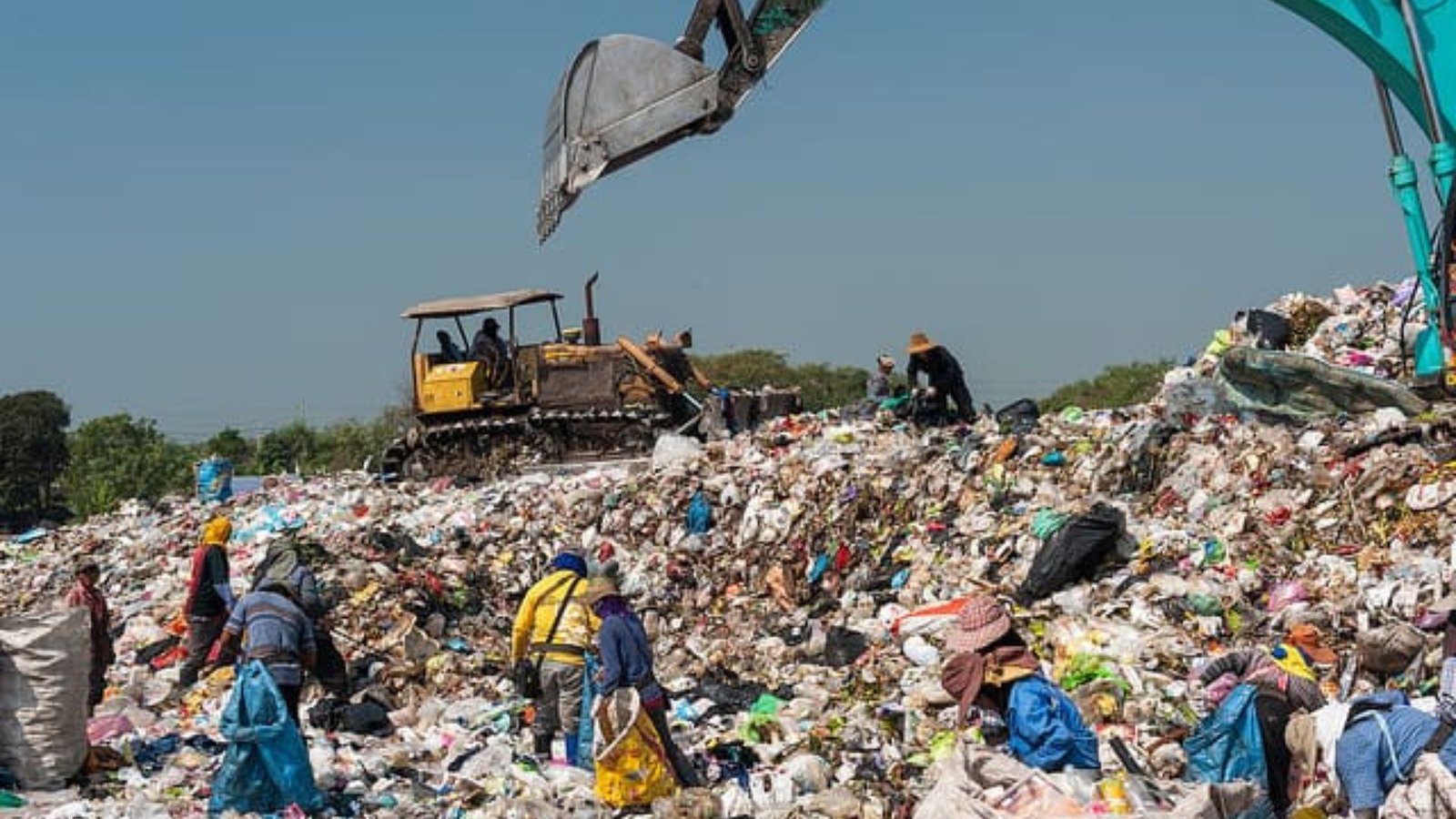Reducing landfill waste is a critical challenge in waste management today. Landfills not only take up valuable land but also contribute to environmental issues, such as pollution and greenhouse gas emissions. In this post, we will explore strategies to minimize landfill waste, promoting a more sustainable approach to waste management.

Understanding the Problem of Landfill Waste
Landfill waste is a significant concern because it can take years, even decades, to decompose. Moreover, as more waste ends up in landfills, it leads to increased emissions of methane, a potent greenhouse gas. Understanding the sources of landfill waste is the first step toward reducing it. Common contributors include food waste, plastics, and paper products that could be recycled or composted.
Promoting Recycling Programs
One of the most effective ways to reduce landfill waste is by promoting recycling programs. Many materials, such as paper, glass, metal, and certain plastics, can be recycled rather than discarded. Cities can implement comprehensive recycling initiatives that educate residents about what can be recycled and how to sort waste properly. Increasing participation in recycling programs significantly decreases the volume of waste sent to landfills.
Implementing Composting Initiatives
Composting is another powerful strategy for reducing landfill waste, particularly for organic materials. Food scraps and yard waste make up a large portion of landfill content. By setting up community composting programs, cities can encourage residents to compost their organic waste. This not only reduces the amount of waste in landfills but also produces nutrient-rich soil for gardens and landscaping.
Encouraging Waste Reduction at the Source
Reducing waste at the source is essential for minimizing landfill contributions. Businesses and consumers can adopt practices that lower waste generation. For instance, using reusable bags, containers, and bottles can significantly cut down on single-use plastics. Companies can also focus on reducing packaging waste by choosing eco-friendly options and designing products with less material.
Implementing Extended Producer Responsibility (EPR)
Extended Producer Responsibility (EPR) is a policy approach that holds manufacturers accountable for the lifecycle of their products. This means that producers must take responsibility for the end-of-life management of their goods. By implementing EPR programs, companies are incentivized to create products that are easier to recycle or dispose of, ultimately reducing landfill waste.
Utilizing Waste-to-Energy Technologies
Waste-to-energy technologies offer another solution to landfill waste. These processes convert non-recyclable waste into usable energy through various methods, such as incineration or anaerobic digestion. While this does not eliminate waste, it reduces the volume that ends up in landfills while generating energy that can be used for electricity or heating.
Community Engagement and Education
Community involvement is crucial for reducing landfill waste. Educational campaigns can inform residents about the importance of recycling, composting, and waste reduction. Workshops, seminars, and local events can help foster a culture of sustainability within communities. Engaging citizens in these efforts not only raises awareness but also encourages active participation in waste management initiatives.
Conclusion
In conclusion, reducing landfill waste in waste management is essential for a healthier environment. By promoting recycling and composting, encouraging waste reduction at the source, implementing Extended Producer Responsibility, utilizing waste-to-energy technologies, and engaging communities, we can make significant strides in minimizing landfill waste. Together, these strategies contribute to a more sustainable future, protecting our planet for generations to come. Let’s work towards reducing landfill waste and promoting responsible waste management!


